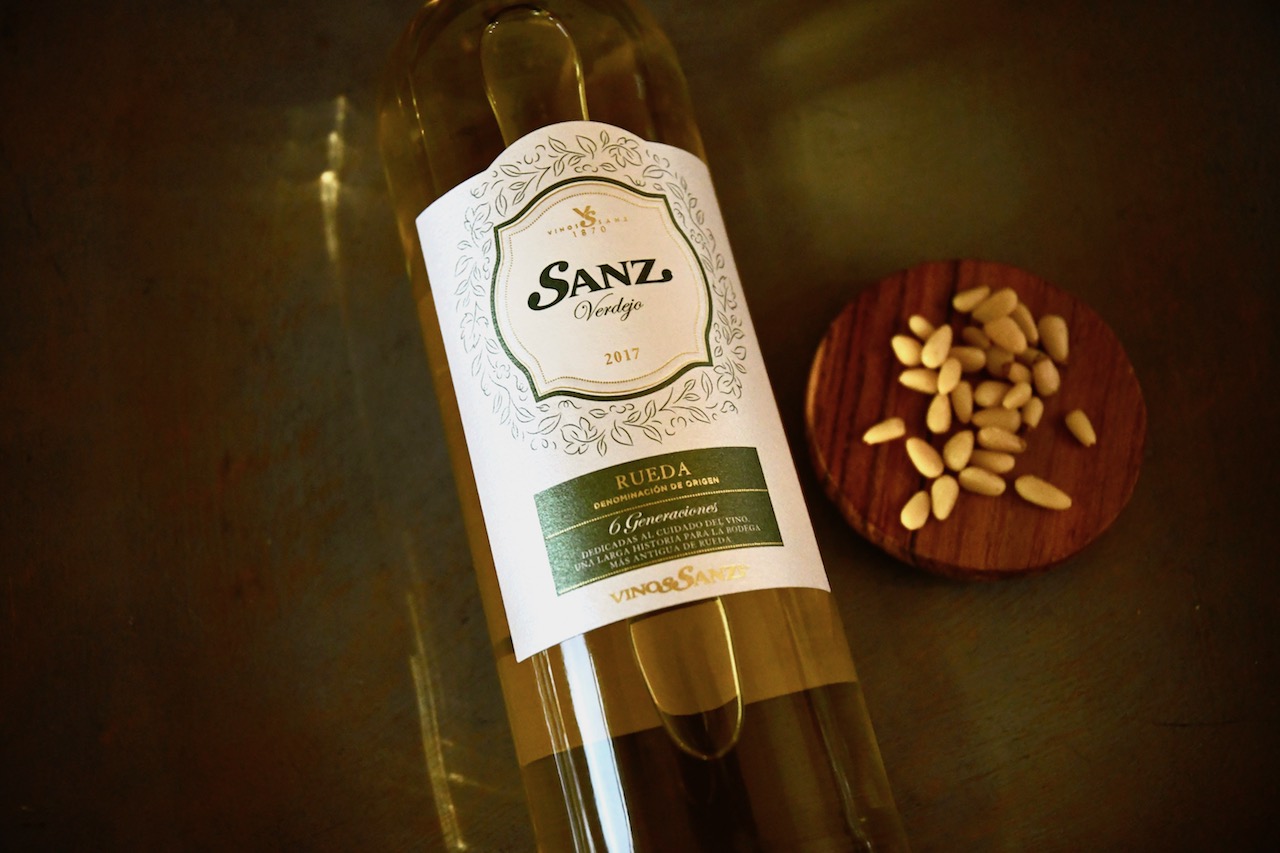If you’ve been following my Blog or are connected with me on social (@AllegoryPR #MyArtEscape,) you’ll know that I’m slowly making my way through the Society of Wine Educators (SWE) Certified Specialist of Wine Guide. I’m on Chapter 11. Don’t ask me when I’ll be done, because I don’t know. I spend my whole professional life a slave to deadlines so, I’m in no hurry and enjoy getting lost in the process.
It’s been a long time since I’ve applied myself to studying and I’m not sure even when in University, if I ever studied correctly. However, at this stage of life it just doesn’t seem good enough to memorize facts and strategize on how to pass a test. I want to really learn wine, so going beyond the textbook is a satisfying journey. There’s so much out there: YouTube, podcasts, the internet at large, and of course, “applied” studies – Cheers!
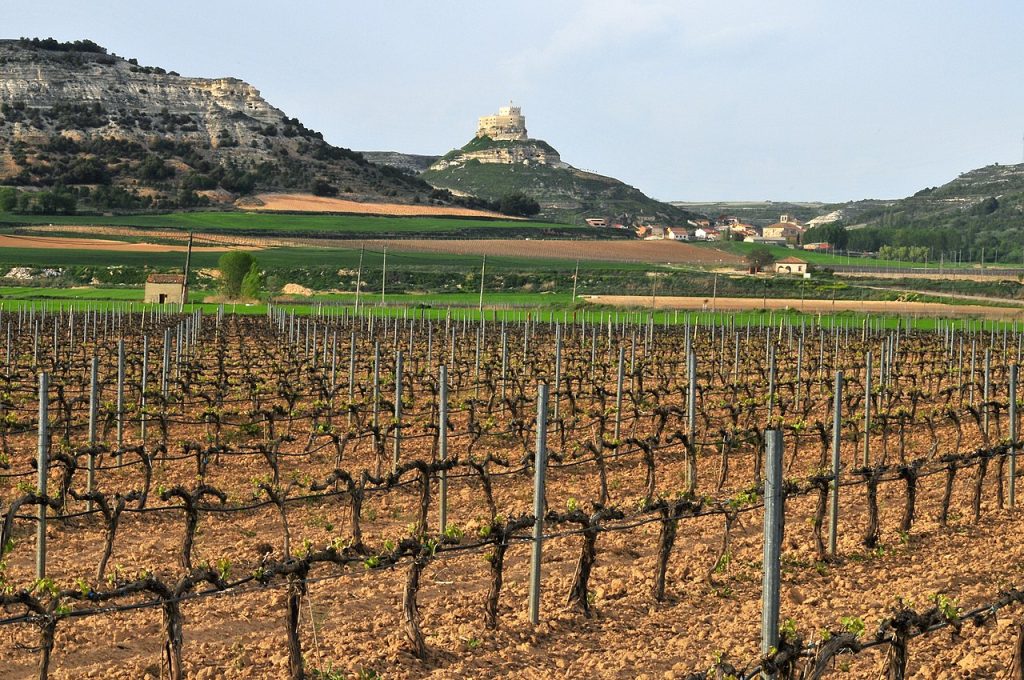
I’m fascinated by soil and climate conditions and, in the case of Spain, time spent studying Spanish film and art has become so much more meaningful. For example, in the films of Carlos Saura or Victor Erice, the use of metaphor was a means to project ideas about life under the Franco dictatorship without being censored. A desolate landscape (La Meseta,) the countryside and the forest, are symbols of Spain’s isolation from the rest of the world and a sociological emotional state. Now, there’s really no connection to Spanish wine here, but to me every time I read about a region, a scene from a movie pops into my head!
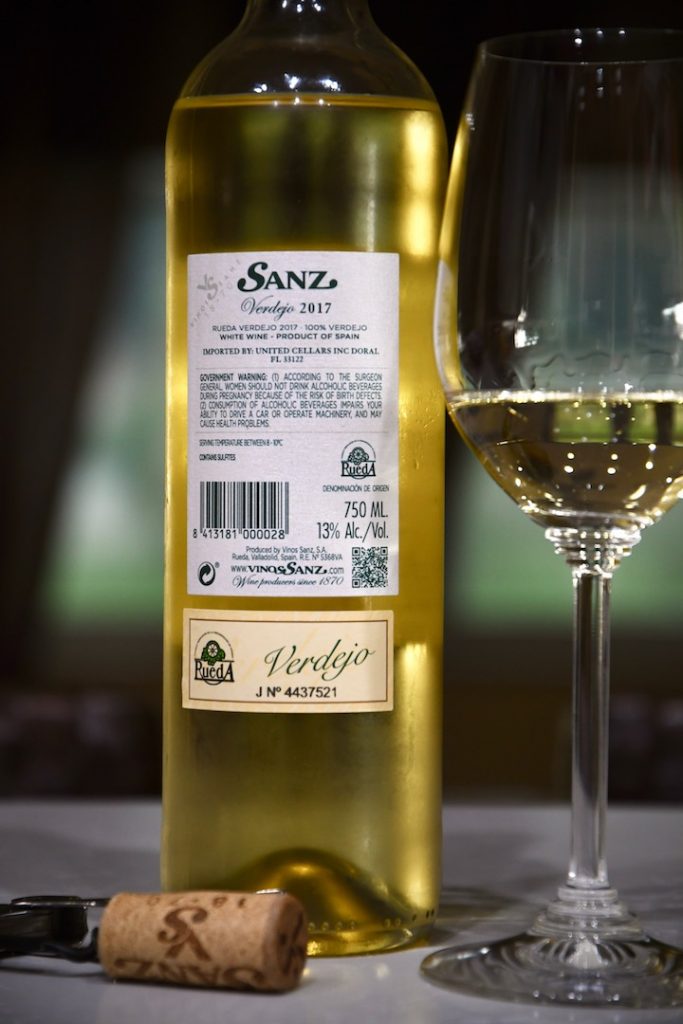
Photo Credit | Author
The Wine: 2017 Bodega Javier Sanz Verdejo
This delicious white wine is made from 100% Verdejo grapes from the Rueda DO ( Denominación de Origen.) Rueda was formed on a former riverbed of El Ebro river. As part of Castille y Léon encompasses the northern part of La Meseta Central. Whereas, Ribera del Duero is known to produce some of the best Tempranillo wines in the country, Rueda produces the region’s best white wines. Many of the Javier Sanz’s vines are 40 years old.
The Rueda region is characterized by extreme weather conditions — hot in the day and cold at night. The vines grow like bushes, close to the ground allowing the grapes to ripen at night in soil that has retained heat, but are protected by extreme heat during the day.
Isn’t nature grand?
Tasting Notes: Javier Sanz Verdejo is the best expression of Rueda and its terroir: Youthful and bright, with light shades of green. In the nose, its shows fresh and lively varietal notes of sweet grapefruit and pineapple, combined with anise and fennel as well as floral aromas. Bone-dry in the palate, its medium body is coupled with a crisp, refreshing acidity that make it perfect to drink at all times. Read more here.
The Javier Sanz Viticultor “philosophy is based on the conservation of pre-phylloxera vineyards, local grape varieties, and the recovery of varieties that have almost become extinct.”
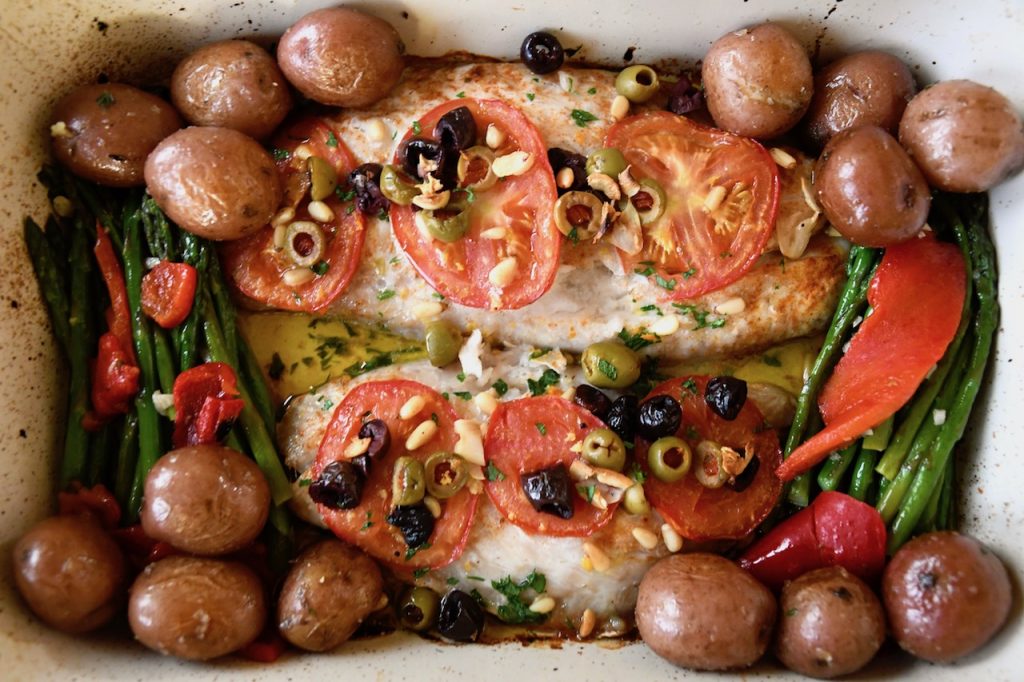
Photo | Author
The Dish: Baked Red Snapper
I paired the Verdejo with baked Red Snapper with pine nuts, garlic, slices of fresh tomatoes, lime zest and olive oil. On the side were roast baby potatoes and sautéed asparagus. A little bit of research, spontaneity and cooking instincts was my recipe. Oh yummy!
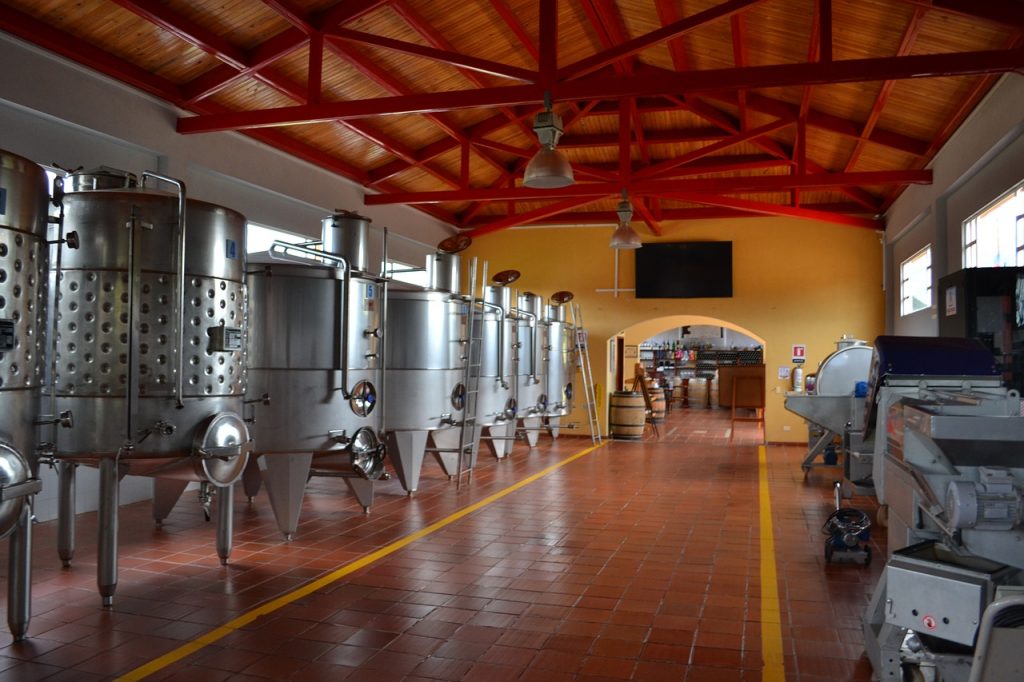
Some Thoughts on Modern Spanish Winemaking
In Spain, modern winemaking is focusing more on its origins such as cultivating indigenous grapes, revitalizing varieties beyond Tempranillo and showcasing regions other than Jerez and Rioja. There is a growing confidence among winemakers to produce wines that have a unique Spanish character, but moving away from traditions of being fermented for long periods in oak. Balance, freshness and quality…read more here.
During my stay in Spain, I hope to discover more modern wines and taste some that are made specifically by indigenous Spanish grapes whether that be a varietal or blend.
Just as it is important to preserve culture and traditions, I think these new ideas of creating a truly Spanish wine characteristic is exciting!
The Metaphor
It is common knowledge that grapes do well in the poorest soil conditions where they have worked hard to find water and nutrients. The growers cultivate the plants, making sure that the right type of pruning and vine training systems correspond to the climate and conditions.
Some of the most outstanding people have come from dire conditions. If things come too easy, we can take life’s opportunities for granted. It’s cliché I know, but we should give it some deeper thought every now and then.
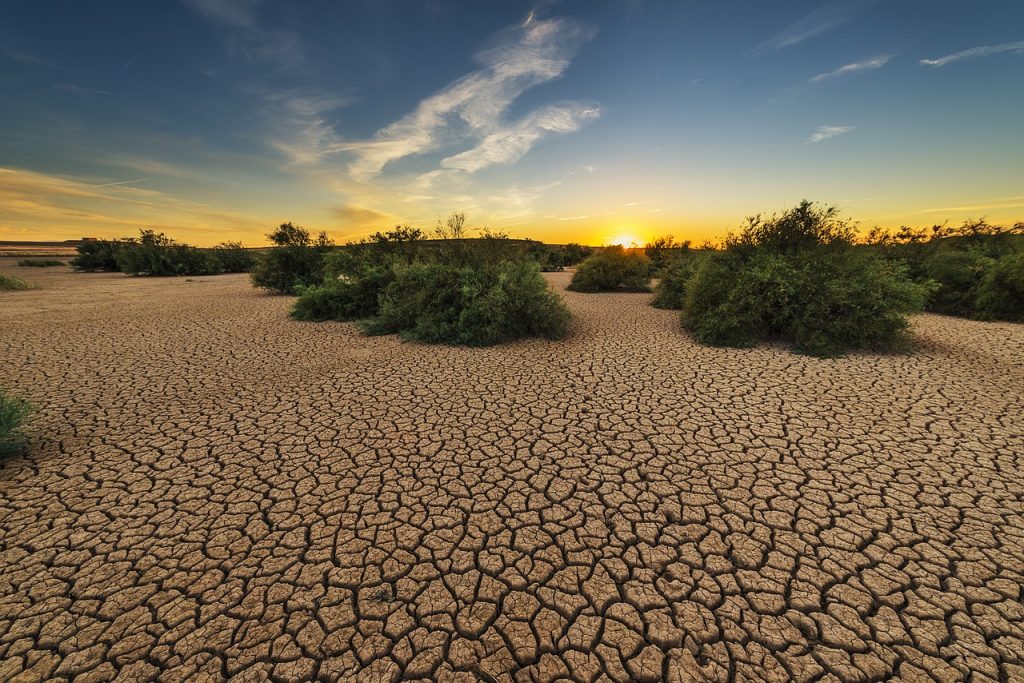
Man takes root at his feet, and at best he is no more than a potted plant in his house or carriage till he has established communication with the soil by the loving and magnetic touch of his soles to it.
― John Burroughs

